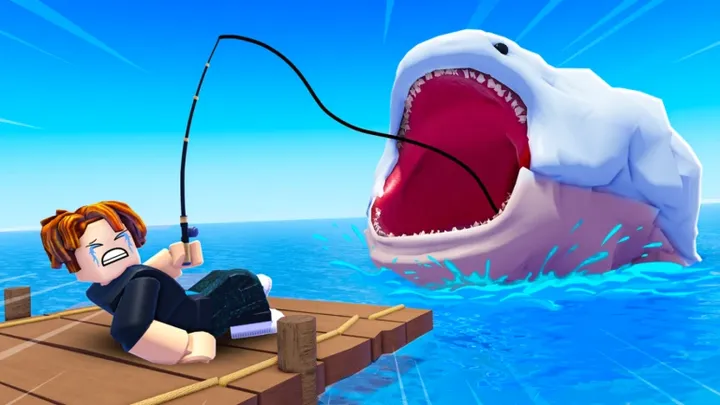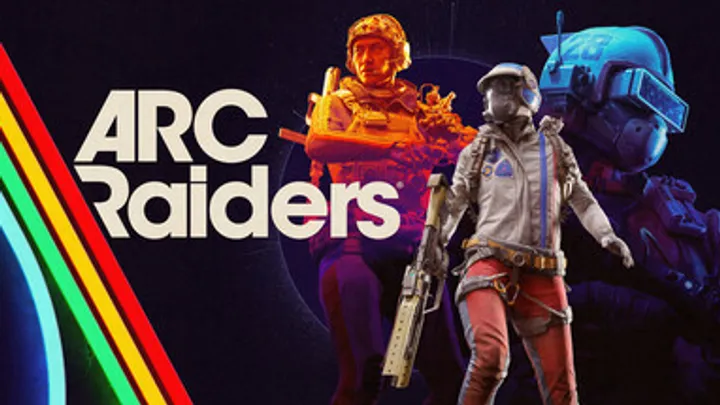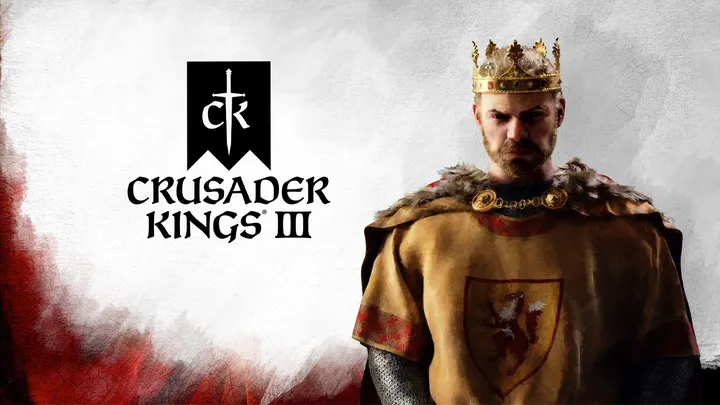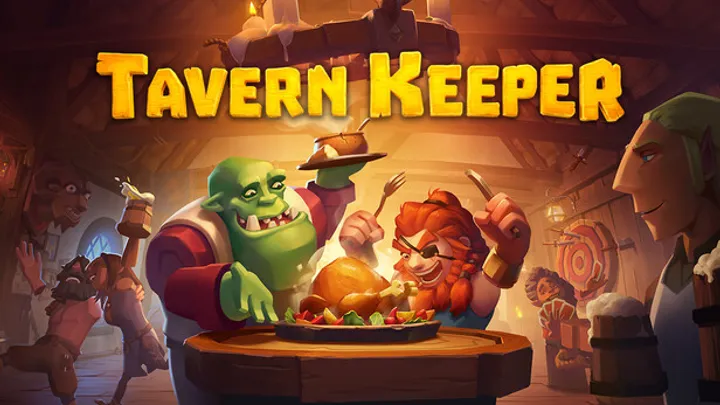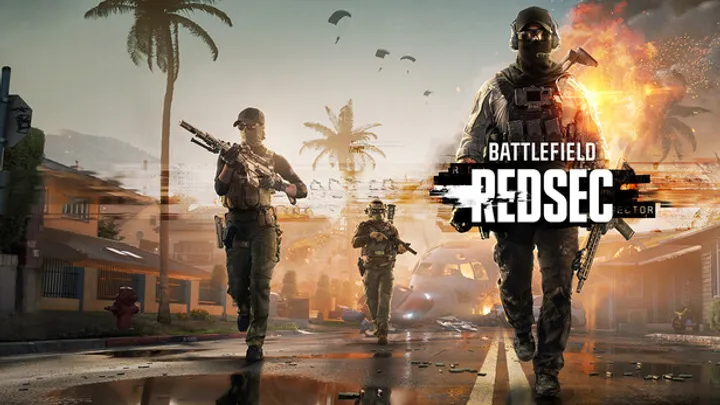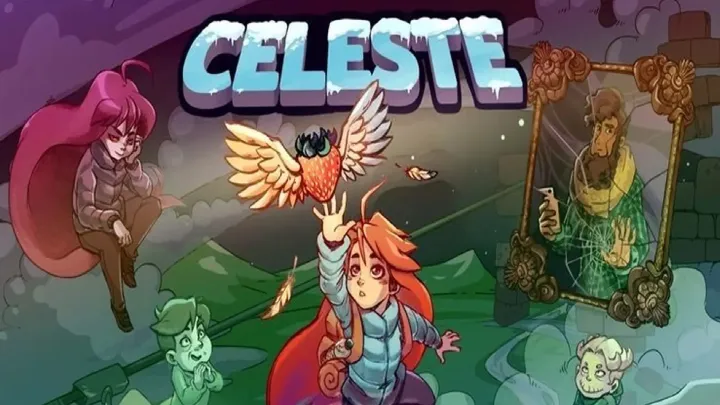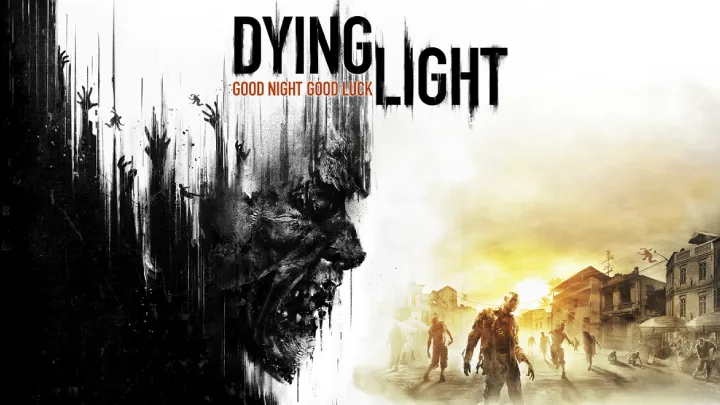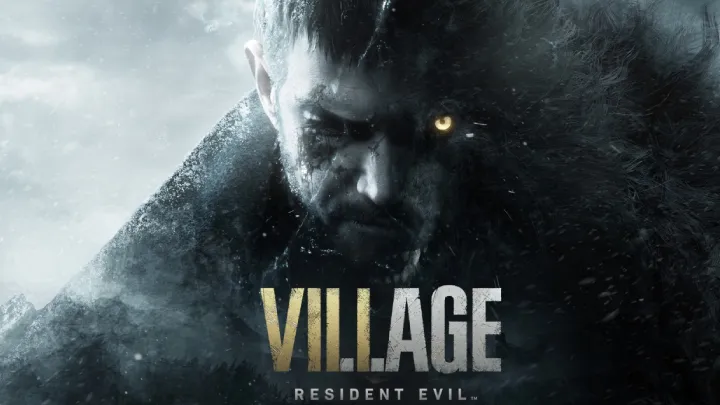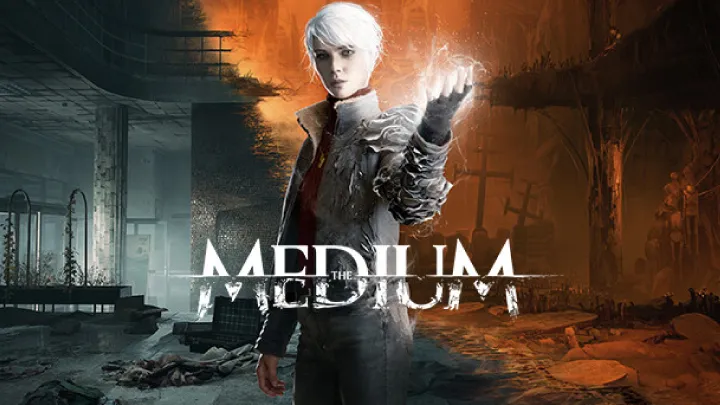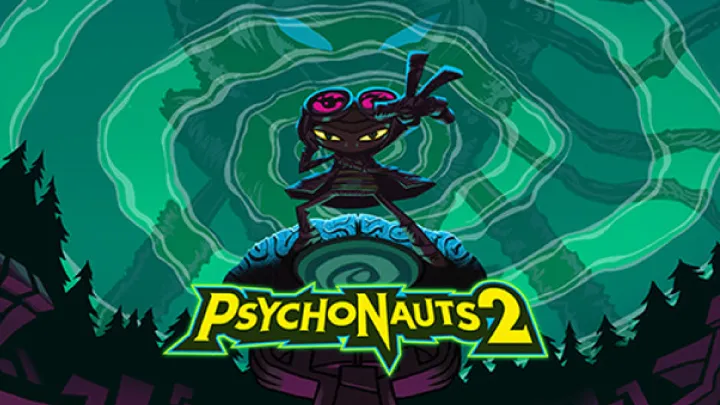
Psychonauts 2, developed by Double Fine Productions, is more than just a whimsical platformer; it is a thoughtful exploration of mental health issues. Building on the foundation laid by its predecessor, the game dives deep into the complexities of the human psyche, tackling themes such as trauma, anxiety, and the importance of empathy. This article will examine how Psychonauts 2 represents mental health through its narrative, character development, and gameplay mechanics, highlighting both the strengths and limitations of its approach.
The Foundation: Setting the Stage for Mental Health Exploration
Psychonauts 2 picks up where the first game left off, with protagonist Razputin "Raz" Aquato joining the international psychic espionage organization known as the Psychonauts. The game is set against the backdrop of a colorful, surreal world that cleverly mirrors the complexities of the mind.
The World as a Reflection of Mental States
The environments in Psychonauts 2 are designed not just for gameplay but as reflections of the characters’ mental states. Each level represents the psyche of different characters, showcasing their fears, traumas, and unresolved issues. This approach allows players to visually and interactively engage with mental health themes, providing a unique lens through which to understand psychological struggles.
A Focus on Empathy and Understanding
From the outset, Psychonauts 2 emphasizes the importance of understanding and empathy in addressing mental health. By exploring the minds of various characters, Raz and the players gain insights into the complexities of their mental health challenges. This narrative choice positions the game as a platform for empathy, encouraging players to reflect on their own perceptions of mental health.
The Narrative Journey: Characters and Their Struggles
The narrative of Psychonauts 2 is rich with character development, particularly in how it portrays various mental health issues. Each character Raz encounters has their unique struggles, presenting a multifaceted view of mental health.
Razputin Aquato: The Journey of Self-Discovery
Raz, the young psychic protagonist, serves as a conduit for exploring themes of identity and belonging. Throughout the game, he grapples with his own insecurities and the expectations placed upon him as a member of the Aquato family.
The Pressure of Expectations
Raz's journey is complicated by the weight of familial expectations, particularly from his father. This pressure manifests as anxiety, which is a relatable experience for many players. By depicting Raz's struggles, the game highlights how external pressures can impact mental health, reinforcing the idea that understanding and communication within families are crucial for emotional well-being.
The Supporting Cast: Diverse Representations of Mental Health Issues
The supporting characters in Psychonauts 2 each embody different aspects of mental health struggles. For instance, the character of Lilly represents the challenges of grief and loss, while others illustrate issues like addiction, trauma, and self-doubt.
Lilly's Grief and Growth
Lilly's journey revolves around her experience of loss and how it shapes her interactions with others. The game sensitively portrays her grief, showing how it affects her relationships and decision-making. By allowing players to experience Lilly's perspective, the game fosters empathy and understanding for those dealing with similar experiences.
The Complexity of Addiction: The Case of the Milkman
One of the game’s more surreal characters, the Milkman, represents the complexities of addiction. His storyline is a poignant exploration of dependency, showcasing how addiction can distort reality and impact relationships. This portrayal serves as a reminder that addiction is often rooted in deeper psychological issues, emphasizing the need for compassion and support for those struggling with such challenges.
Gameplay Mechanics: Engaging with Mental Health Themes
The gameplay mechanics in Psychonauts 2 are intricately tied to its narrative themes, allowing players to engage with mental health issues in interactive ways.
The Use of Collectibles: Memories and Emotions
Throughout the game, players collect "emotional baggage," which represents unresolved feelings or memories. These collectibles serve as a mechanic for addressing mental health themes, encouraging players to confront and process emotional issues.
The Significance of Processing Emotions
By engaging with these collectibles, players gain insights into the characters’ emotional states. This mechanic emphasizes the importance of processing emotions rather than suppressing them, reinforcing the idea that confronting one’s feelings is essential for mental health.
Combat as a Metaphor for Internal Struggles
Combat encounters in Psychonauts 2 are not just about defeating enemies; they can be seen as metaphors for internal struggles. Characters that Raz faces often embody negative thoughts or fears, allowing players to engage in a visual metaphor for overcoming psychological barriers.
The Victory Over Self-Doubt
For instance, battles against manifestations of self-doubt or anxiety serve as powerful reminders that overcoming these internal conflicts is a journey. By framing combat in this way, the game invites players to reflect on their own mental health challenges and the importance of resilience.
The Role of Humor: Balancing Serious Themes
Psychonauts 2 is known for its humor, which serves a critical function in addressing serious themes. The blend of lightheartedness and gravity allows the game to tackle mental health issues without becoming overly heavy or didactic.
Humor as a Coping Mechanism
The use of humor in the game can be seen as a coping mechanism for the characters, particularly Raz. This approach highlights how humor can serve as a valuable tool for navigating difficult topics like mental health. By incorporating comedic elements, the game makes its serious messages more accessible, encouraging players to engage with complex issues without feeling overwhelmed.
The Importance of Balance
However, the balance between humor and seriousness is delicate. While humor can provide relief, it is essential that the game does not trivialize the struggles faced by its characters. The narrative successfully navigates this balance, ensuring that moments of levity do not undermine the gravity of mental health themes.
The Impact of Visual Design: Creating an Emotional Atmosphere
The visual design of Psychonauts 2 plays a significant role in conveying its themes. The game's art style is vibrant and imaginative, creating an emotional atmosphere that enhances the narrative.
Surreal Environments as Psychological Landscapes
The various environments in the game are not merely aesthetic; they function as psychological landscapes that reflect the inner workings of the characters' minds. For example, the colorful and chaotic levels represent the confusion and complexity of mental health struggles.
Symbolism in Design Choices
Design choices, such as the use of color and form, are intentionally crafted to evoke specific emotions. Each level’s aesthetic serves to immerse players in the mental states of the characters, reinforcing the connection between gameplay and psychological themes. This thoughtful design enhances the overall experience, allowing players to feel more engaged with the narrative.
Community Reception: Engaging with Mental Health Discussions
The release of Psychonauts 2 has sparked discussions within the gaming community about its approach to mental health themes. Players have shared their thoughts on the representation of mental health issues and the impact of the narrative.
Positive Feedback on Representation
Many players have praised the game for its sensitive portrayal of mental health, highlighting how it addresses complex issues in an accessible way. The ability to engage with characters' struggles fosters empathy and understanding, resonating with individuals who have faced similar challenges.
Critiques and Calls for Depth
Conversely, some players have expressed a desire for even deeper explorations of mental health themes. While the game offers a variety of representations, there is an acknowledgment that the complexities of mental health cannot be fully captured in a single narrative. This feedback emphasizes the need for ongoing conversations about mental health in gaming and the importance of representation.
The Future of Mental Health in Gaming: Lessons from Psychonauts 2
As gaming continues to evolve, the lessons learned from Psychonauts 2 regarding mental health representation can inform future titles. The game sets a precedent for how developers can tackle sensitive topics with care and creativity.
Embracing Complexity in Narratives
Future games should aim to embrace the complexities of mental health, moving beyond surface-level representations. By delving into the nuances of psychological struggles, developers can create narratives that resonate deeply with players and foster meaningful discussions.
The Role of Community in Mental Health Conversations
The gaming community plays a crucial role in shaping conversations about mental health. As players continue to engage with titles like Psychonauts 2, they can contribute to a larger dialogue about the importance of empathy, understanding, and support in addressing mental health issues.
Conclusion: The Lasting Impact of Psychonauts 2
Psychonauts 2 stands as a significant achievement in the realm of video game storytelling, skillfully intertwining themes of mental health with engaging gameplay and rich character development. Through its exploration of trauma, empathy, and resilience, the game provides players with a unique opportunity to engage with complex psychological issues in a meaningful way. By fostering empathy and understanding, Psychonauts 2 not only entertains but also encourages players to reflect on their own mental health journeys. As gaming continues to evolve, the lessons from this title will undoubtedly influence future narratives, making mental health a vital topic in the gaming landscape.



